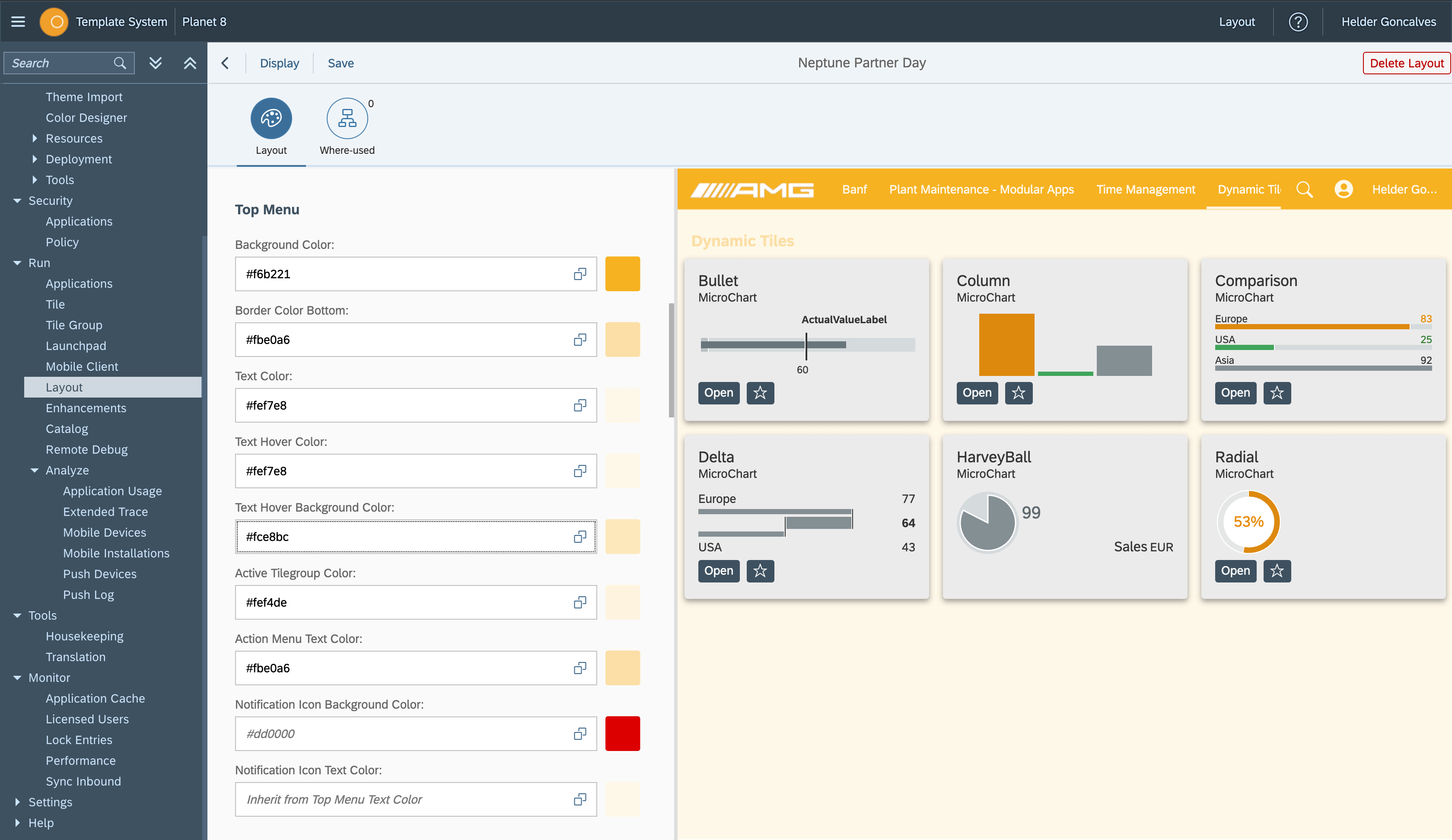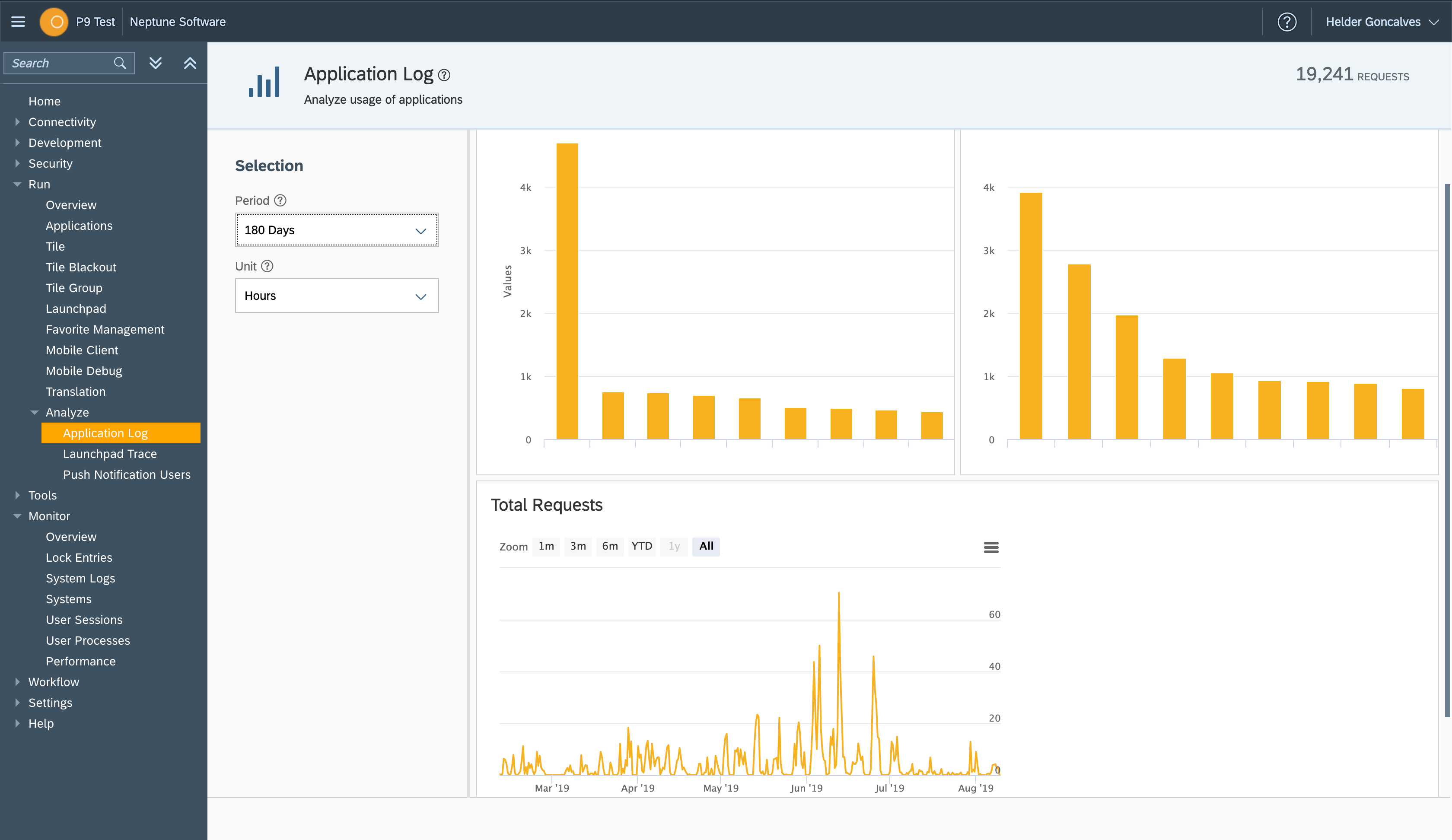Neptune takes care of enterprise complexity and fragmentation — from low-code to pro-code
Fragmented IT systems continue to be the Achilles Heel of many businesses, regardless of the size of the company or the industry that they’re in.
Undesirable as it may be, this fragmentation is virtually inevitable as an IT environment evolves, with end-users from different business units deploying dozens of different apps that best fit their needs. By doing so, individual business functions may have been able to perform their tasks more efficiently, true, but the existence of disparate (and overly complicated) systems supported by custom development usually leads to data silos and exposes the enterprise to unacceptable security risks.
An ideal solution for this issue is one which does not restrict businesses from using the systems that makes them efficient, yet provides a flexible, standardized development environment, and good user experience.
That was the blueprint envisaged by Neptune Software: regardless of the nature and number of fragmented backend systems, on-prem, cloud infrastructure or architectures, the Neptune DX Platform has proved to be capable of delivering custom, fully integrated business applications rapidly.
Increase bottom line, decrease developer frustration
Many companies often make the mistake of acquiring a new system in the hope of complete integration and organization-wide take-up.
However, introducing a new technology, cloud-based or bare-metal, only adds to complexity and creates another silo. Explicitly designed to minimize IT fragmentation, Neptune’s platform allows businesses to leverage the systems that companies already have and seamlessly integrate them. Companies can take on developing, upgrading, and integrating their app portfolio and complex IT systems, effectively closing gaps and collapsing silos with a tool that covers the entire application lifecycle.
Enterprise app development often exists in a rigid, ’pro-code’ environment— a traditional IT DevOps function, which is inherently complex, process-based, and time-consuming. Recently, no-code platforms— application development systems which allow users to build simple apps without coding– have been gaining traction and empowering the rise of ‘citizen coders’, or non-IT professionals. However, the no-code method may not be enough, lacking the power and breadth of vision required for enterprise-grade app development.

Source: Neptune Software’s Customisable Dashboard
The Neptune DX Platform, however, bridges the gap between the intensive pro-code and pure no-code. It uses the low-code approach, which builds more sophisticated business applications while bringing the business mentality into the IT function.
The platform standardizes app development and integration not only across any IT landscape, but also any device; mobile, desktop, and offline.
Business leaders can utilize Neptune DX toolsets to focus on solving business problems, ensuring quick and seamless process-based development. hits the sweet spot, providing the enterprise seamless integration with legacy code, custom ERP Code, while handling unlimited complexity by leveraging Node Package Manager modules, server scripting, as well as a universal workflow engine.
Combined with a universal authentication and ‘Single Sign On’ strategy, this empowers developers to solve the most complex problems swiftly.
A two-module package
Neptune Software and its Neptune DX Platform offers two modules: Planet 8 for SAP-centric apps and Planet 9 for everything else.
Planet 8 is an SAP-certified app development platform which sits on top of an existing ABAP stack. It empowers businesses to design, develop, integrate and deploy SAP Fiori apps (in a fraction of the time required by other platforms) which effectively speeds up solution delivery.
Besides enhancing the agility of the developers, this module does not require new hardware or infrastructure investment. With its low-code, drag-and-drop designer and management platform, Planet 8 brings with it a high degree of flexibility and functionality.
The module is also compatible with legacy SAP versions – from SAP NetWeaver 7.01 to the latest versions of SAP S/4HANA– which means there is no need for businesses to upgrade systems to create modern Fiori apps.
In the most recent release, Neptune added functionality to expose the same ABAP Code as a REST API to any front-end technology— of great importance to anyone who has developed software that integrates with SAP by leveraging cumbersome RFCs or IDOCs. Leveraging this update, solutions could me much more robust, real-time, and handle more transactional complexity due to lock-handling, and even stateful requirements.

Source: Neptune Software’s Metrics
Planet 9 offers the same, consistent, award-winning UX for general business apps, giving organizations the freedom of choice and flexibility to innovate among non-SAP systems. It builds on the success of UI5 for offline applications by extending this functionality to non-SAP systems by using REST-API. However, thanks to a new pro-code editor, developers can now choose to create applications based on React, or Vue.js.
Featuring options for standalone user management, access control, and database, Planet 9 could function as a complete backend as it is. The agnostic unification platform of the module pulls diverse data sources and applications into a shared environment via normalized API calls and methods.
Whether the platform is hosted on AWS, Google Cloud or on-premise, Microsoft Dynamics, SAP Business One, Oracle ERP— running on Docker, Cloud Foundry, or via Kubernetes— the environment integrates seamlessly with the Planet 9 module.
Regardless of whether your developers prefer low-code or pro-code, Neptune DXP is a complete platform that allows full management of the entire development process from code to version management, and deployment of artefacts across your landscape.
Since Neptune DXP is ‘elastic’, and all applications are rendered from its database, deployment of applications is faster, and all are inherently flexible.
To find out more about Neptune Software’s unified app development platform, get in touch, or download a free trial.









